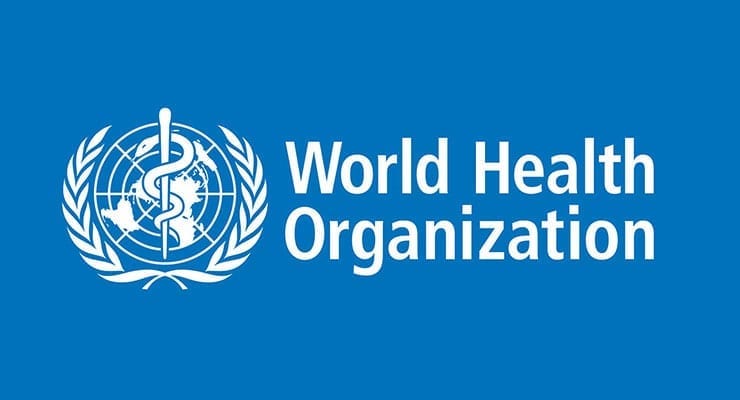After two days of deliberations, the World Health Organization (WHO) Emergency Committee was divided on whether to declare a an official Public Health Emergency of International Concern (PHEIC) for the emerging respiratory disease Novel Coronavirus 2019-nCoV.
The disease has spread rapidly to several countries including Japan, Singapore and the USA, and Tedros Ghebreyesus, Director-General of WHO, said in a press conference held in Geneva on Thursday that the outbreak poses a “very high risk” in China, as well as regionally and globally.[1]
Alexandra Phelan, a lawyer at Georgetown University who specializes in global health policy, told Science she thinks the criteria for a PHEIC have been met, but that the committee is focusing on a “level of granularity” not in the International Health Regulations. “It really came down to their interpretation of what is ‘international spread,’” Phelan says. If all known cases outside China were in people who had traveled from China, some might argue that it does not count as international spread, she says. But the available data may not be clear enough to know whether that’s the case.[2]
“We know that there is human-to-human transmission in China, but for now it appears limited to family groups and health workers caring for infected patients. At this time there is no evidence of human-to-human transmission outside China, but that doesn’t mean it wouldn’t happen.
We have provided guidance to all countries for the rapid identification, management and containment of the virus based on the sequence we’ve got from China. We’re coordinating our networks of global experts. We’re working to advance the development of diagnostics, therapeutics, and vaccines. We are completely committed.” Tedros Ghebreyesus, Director-General of WHO
1. Coronavirus: ‘An Emergency in China, But Not Yet a Global Health Emergency’ UN
2. WHO Panel Puts Off Decision on Whether to Sound Alarm on Rapid Spread of New Virus Science


